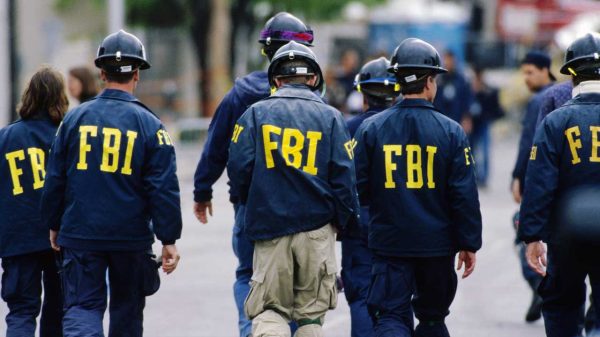Kaspersky experts have analysed nearly 25,000 free Wi-Fi spots in Paris prior to the opening of the Summer Olympic Games and Paralympic games.
Their analysis has revealed that almost 25% of these networks had weak or no encryption, making users vulnerable to personal and banking data theft. Just 6% of the networks employ the latest WPA3 security protocol.
The upcoming Paris Olympics, the first in-person summer Games since pandemic restrictions were lifted, are expected to attract thousands of tourists.
Amid the event, Kaspersky’s GReAT (Global Research and Analysis Team) researchers have mapped and assessed the security of the open Wi-Fi networks that visitors might encounter.
The researchers analysed 47,891 signal records across popular locations and Olympic venues* in Paris, identifying 24,766 unique Wi-Fi access points.
They found that a quarter (25%) of these networks had serious security weaknesses, such as weak or nonexistent encryption, making them vulnerable to interception, decryption, or cracking attacks.
Additionally, almost one-in-five (20%) were configured with WPS (Wi-Fi Protected Setup), an outdated and easily compromised algorithm, rendering them highly susceptible to WPS attacks that could result in data loss.
Only six percent of the analysed networks used the latest WPA3 (Wi-Fi Protected Access 3) security protocol.
“Like the sportspeople training for the summer of sport in France, cybercriminals have also prepared an unsavoury welcome for the millions of people heading for Paris hotels, fan zones and events. They might set up fake access points or compromise legitimate networks to intercept and manipulate data transfers.
“Open and misconfigured Wi-Fi networks are particularly attractive to criminals, as they enable the theft of passwords, credit card details, and other sensitive user data,” comments Amin Hasbini, Director of META Research Center, GReAT at Kaspersky.
Using a Virtual Private Network (VPN), such as Kaspersky VPN Secure Connection, provides an extra layer of security for those accessing open Wi-Fi networks. A VPN encrypts the Internet connection, creating a secure tunnel between the device and the Internet.
This encryption prevents cybercriminals from intercepting data, even on unsecured networks. By masking the IP address and encrypting all transmitted data, a VPN ensures that personal and financial information remains protected while using public Wi-Fi.
![]()





























































